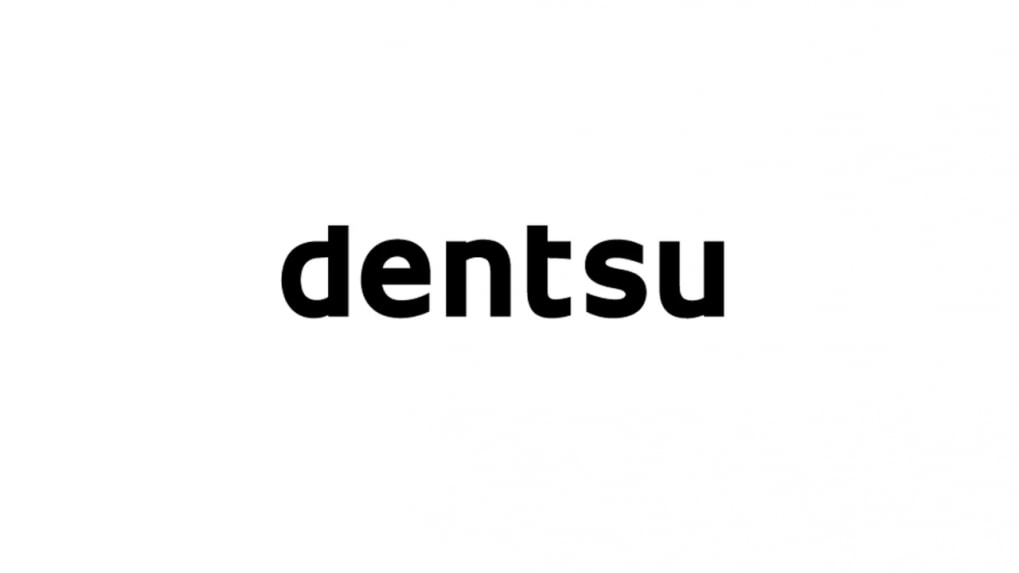Advertising
From Pink Slips to Silent Sidelining: Inside adland’s layoff and anxiety crisis

Dentsu Inc. reported its Q3 2025 results with a clear split between strong domestic performance and continued international softness. While the group closed the quarter with a statutory net loss of ¥61.5 billion, it delivered a 14.1% year-on-year increase in underlying operating profit to ¥111 billion, aided by cost controls and a sharper strategic focus.
Overall, Dentsu recorded a nine-month organic growth rate of 0.3%, driven almost entirely by Japan, which posted 6.8% organic growth, its tenth consecutive positive quarter. International markets, however, continued to underperform, with APAC declining 10.1% over the nine-month period.
Asia & India Performance
The APAC region remained Dentsu’s weakest market in Q3. The company reported a 10.1% decline in organic growth for the first nine months of FY25, driven by double-digit drops in the CXM and creative businesses, and ongoing challenges in Australia and parts of Southeast Asia.
India was one of the few bright spots in the region. In the three months of Q3, India posted solid performance, aided by stable media operations and improved traction in creative. The company also highlighted renewed momentum in Thailand, which maintained strong market share and posted healthy growth. Still, regional headwinds were strong enough that APAC recorded an underlying operating loss for the nine-month period.
Japan Outperforms, Offsetting Global Weakness
Japan, Dentsu’s largest market accounting for 42% of revenue, delivered its strongest showing in years. The market clocked 9.9% organic growth in Q3, supported by internet media, sports events, new client wins and sustained demand across BX and DX services. Operating margin in Japan reached 24.6%, offsetting declines in overseas markets.
The strength of the domestic business prompted Dentsu to upgrade its outlook for Japan’s full-year organic growth from ~3% to ~4%.
Financial Highlights
- Revenue: ¥851.3 billion, down 0.8% YoY
- Operating margin: 13.0%, up 170 bps YoY
- Underlying operating profit: ¥111.0 billion, up 14.1% YoY
- Statutory net loss: ¥61.5 billion
- Nine-month organic growth: 0.3%
The drag on statutory performance stemmed primarily from a goodwill impairment in the international business recorded in Q2.
Media Plus-Plus Strategy Gains Traction
A core component of Dentsu’s restructuring is its global Media++ strategy, designed to integrate media, CXM, creative, and data-tech, with AI as a backbone.
CEO Hiroshi Igarashi said the strategy is already delivering results, citing new business wins including Vodafone in EMEA, Dollar General in the US, and Zurich Insurance in Japan.
Media++ is being positioned as the primary growth engine for international markets, especially in the US, UK, Germany, China and India.
Dentsu raised its full-year underlying operating profit guidance from ¥141.6 billion to ¥161.2 billion, reflecting strong domestic performance and cost efficiencies. It now expects a full-year operating margin in the 13% range, up from its earlier ~12% forecast. Consolidated organic growth guidance remains “broadly flat.” The company reiterated its target of achieving a 16–17% operating margin by 2027, backed by cost-reduction measures totalling ¥50 billion under its mid-term management plan.
Despite pockets of growth, particularly in Japan, India, Thailand and Spain, Dentsu acknowledged substantial risks:
- CXM weakness across key global markets
- Macro uncertainty in the US, UK, China and Australia
- Execution risks in restructuring and cost-reduction programs
- Intensifying competition in data-tech and AI-led media services
As FY25 enters its final stretch, Dentsu remains heavily dependent on Japan’s outperformance to compensate for the international drag, especially in APAC, where India continues to be a critical stabilizing force.
From purpose-driven work and narrative-rich brand films to AI-enabled ideas and creator-led collaborations, the awards reflect the full spectrum of modern creativity.
Read MoreLooking ahead to the close of 2025 and into 2026, Sorrell sees technology platforms as the clear winners. He described them as “nation states in their own right”, with market capitalisations that exceed the GDPs of many countries.